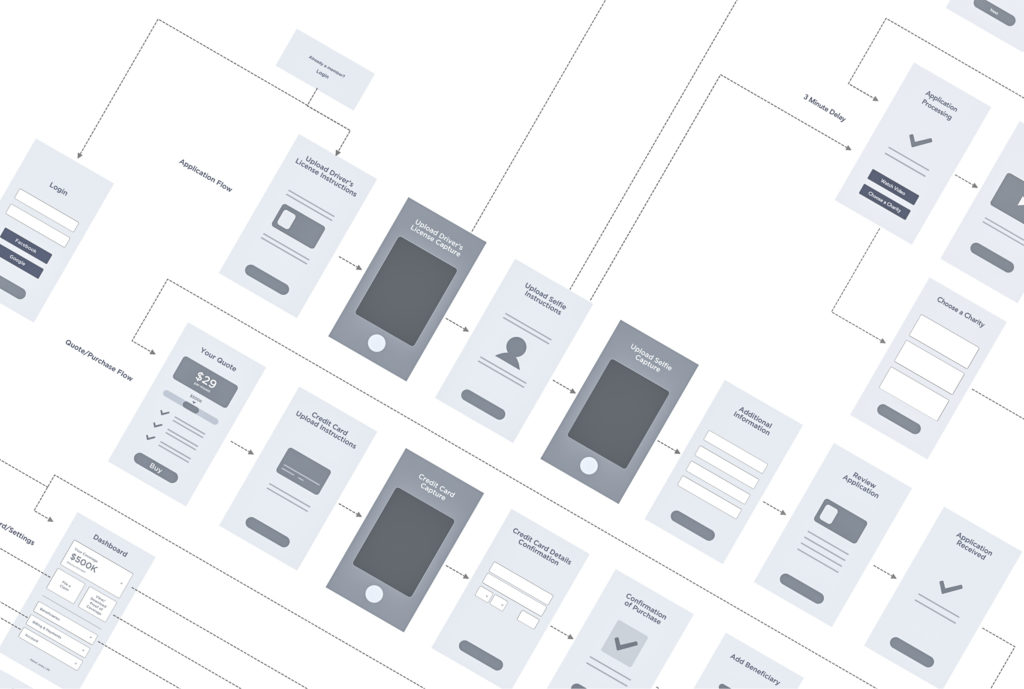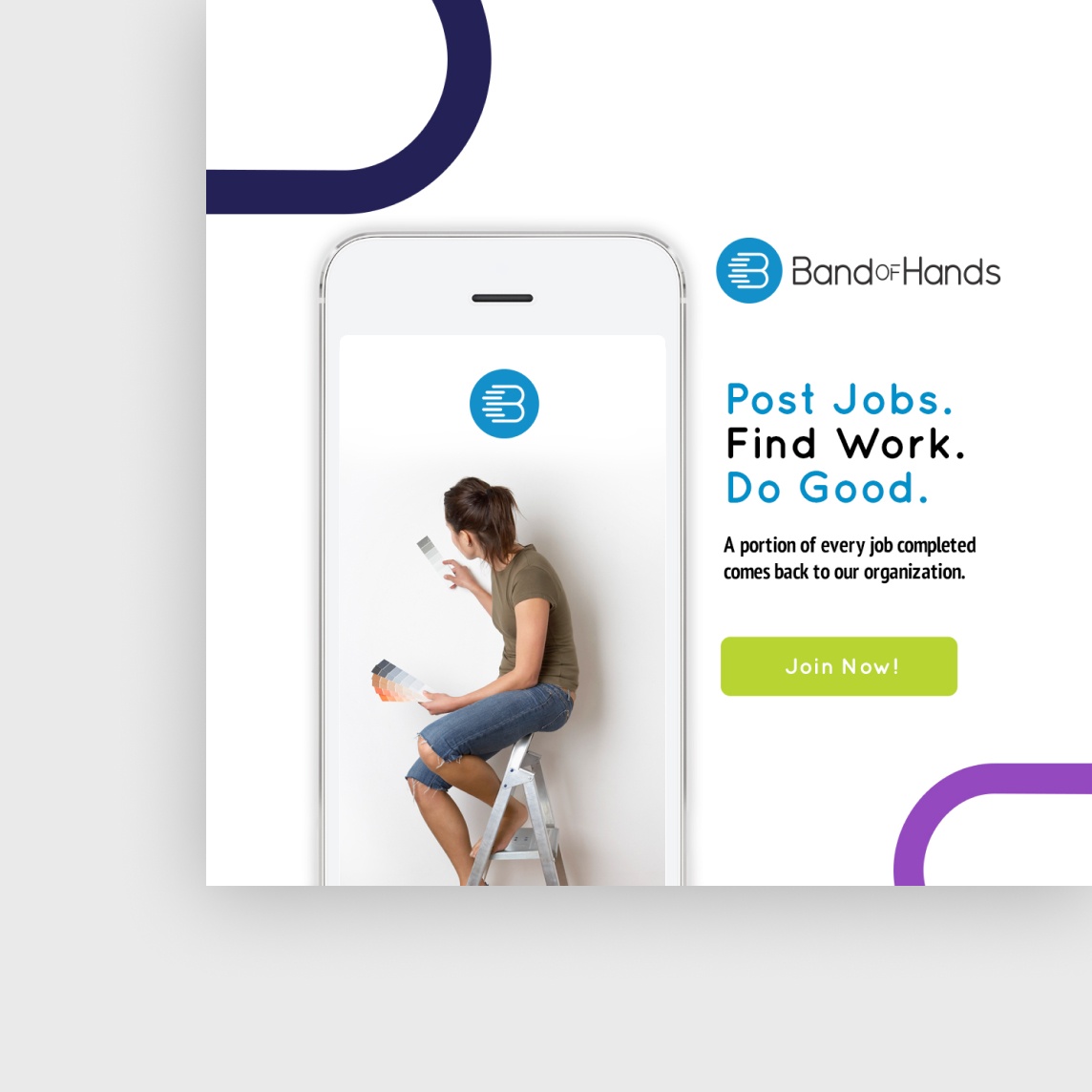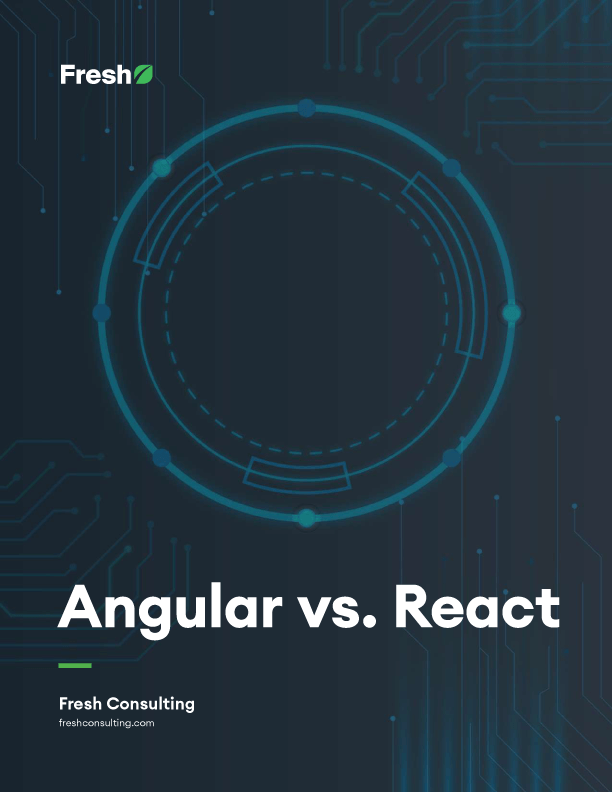Article
What Is Cross-Platform Mobile Application Development?

What is Cross-Platform Mobile Application Development?
As stats and user behavior indicate, mobile apps are exceedingly popular. And cross-platform mobile application development is, in many cases, an essential strategy to reach a broad user base.
Market research shows that “consumers downloaded 230 billion mobile apps to their connected devices, up by more than 63 percent from 140.7 billion app downloads in 2016.” That’s an impressive statistic, and it illustrates the growing popularity of mobile engagement.
On one hand, apps are an amazing way to get your content into a user’s hands. On the other hand, they exist in an incredibly competitive marketplace. Being one of the downloaded apps that doesn’t also get deleted of mobile devices requires intentional design and development.
There are two primary forms of mobile app development. The first is native app development — when a mobile app is created for one specific operating system like Apple iOS or Android.
The process of creating hybrid mobile apps — cross-platform application development — is the second form. Cross-platform development delivers apps that are designed and optimized for multiple mobile operating systems using one codebase.
Mobile and web technologies are developing rapidly, and there are dozens of app development tools to create cross-platform experiences like Xamarin, React, Angular, Ionic, and Flutter. Libraries and frameworks like these allow developers to create apps that appeal to a wider user base.
Throughout this article, we’ll cover:
- Key elements of native development
- Key elements of cross-platform (hybrid) development
- A deep dive into cross-platform differentiators

The Elements of Native & Cross-platform Application Development
Let’s dive into the main differences between each development type:
Native Apps
- Development costs are generally higher due to the need for specialists in one operating system (but apps are optimized for that OS / ecosystem, which can benefit your user base if it’s not multi-platform)
- Native leverages an iOS or Android-specific codebase (which matters most if your user base is cross-platform; in this case, an iOS and Android code base is redundant)
- Access to a device’s native hardware is assured
- The user interface (UI) is consistent with the device components (Material vs. Human Interface)
Cross-platform Apps
- Potentially lower development costs, relative to hiring a developer who specializes in programming languages, such as Swift, Java, JavaScript, CSS, or HTML5
- A single code base, allowing for extensibility across platforms and easier maintenance
- But unlike native apps, access to every aspect of native hardware might not be possible
- More effort is likely required to create a seamless user experience via different design patterns
There are caveats to all of the factors above, but they generally hold true.
Consider a few examples: for an organization running logistics in a shipyard that only uses iPads, a cross-platform app development approach wouldn’t make sense. Creating an app that works on Android’s open-source system would be additional work for no benefit. But for a startup creating a more universal experience, depending on the user base, cross-platform is a better bet.
These points illustrate why an initial mobile strategy phase is so important. At Fresh, we can help you explore the intricacies of mobile app development that often go ignored, such as:
- Market analysis
- Competitor analysis
- User persona analysis
- KPI determination
- Tools assessment
- Onboarding and engagement strategy
Once you’ve explored elements of the mobile app development process like these, you’ll be better positioned to understand whether native or cross-platform is better for your business and your user base.

More on the Benefits of Cross Platform Application Development
If your business case and user base lend to a cross-platform hybrid approach, there are unique benefits that create direct value from the standpoint of development efficiency, leveraging device features, and cost.
One Code Base, Code Reusability, and Streamlined Maintenance
- Hybrid applications use a single codebase to build for both Android and iOS
- A single code base is generally easier to maintain than multiple OS-specific code bases
- Updating a single code base and deploying the changes saves resources (time, developer bandwidth, multiple deployments)
- “Reusability” refers to the fact that hybrid platforms allow the repurposing of up to 80% of source code —leveraging reusable code can save time and money
- Maintenance is also generally more straightforward as it doesn’t require different dev teams that specialize in each platform or OS
Native Distribution
- Hybrid mobile apps can be optimized for and advertised on the App Store and Google Play, allowing you to reach a higher volume of users
- These users could be high-value; targeting and converting makes sense
- A mobile strategy could become more complex initially, but the long-term benefits can make up for front-end costs
Access to Native Hardware
- Despite creating one experience that extends to multiple OSs (with a cross-platform approach), developers can still leverage a device’s native hardware component
- Additionally, you can design the experience to utilize universal interaction ‘gestures’ or device-specific ones like using a back button in Android versus a swipe on the iPhone.
- If the app you’re creating builds more on universal gestures or basic, non-device-specific functions, then hybrid is definitely worth considering.
Cost-Effectiveness & ROI
- Producing one app is generally cheaper than producing two (keep in mind that each client’s use case should be considered to determine tradeoffs)
- Developing one extensible code base takes less time (potentially decreasing cost) and requires debugging one code base instead of multiple code bases
- Using cross-platform development tools, your app can potentially go to market faster — develop one code base and deploy
Fewer Development Roadblocks
- One code base often translates to a decrease in roadblocks — fewer workflows and fewer custom OS considerations
- Hybrid software development kits (SDKs), libraries, and frameworks include various tools and components that make development more seamless and less of an overall lift
Higher Audience Reach
- Mobile OS market share worldwide breaks down to roughly 70% for Android and 25% for Apple
- With a hybrid approach, you can reach a much larger audience. That said, there are caveats.
- If your app provides customized meal delivery and research indicates that your audience spans multiple device types and OSs, then hybrid would make sense.
- If all of your users use Apple devices (in a workplace, for example), then hybrid could end up costing more — with no added benefit.

Enhance Mobile Application Development with Fresh Consulting
Whether you’re certain a cross-platform hybrid approach is for you or are still undecided, we’d love to connect.
Whatever approach you take, our team provides rigorous, high-efficiency mobile solutions for a variety of industries, including wholesale and logistics, recreation, travel and transportation, and entertainment. With every project, we have a ‘develop and deliver’ approach, building apps designed to scale with your company and built on a solid foundation of code formatted for your team to maintain seamless after handoff.









